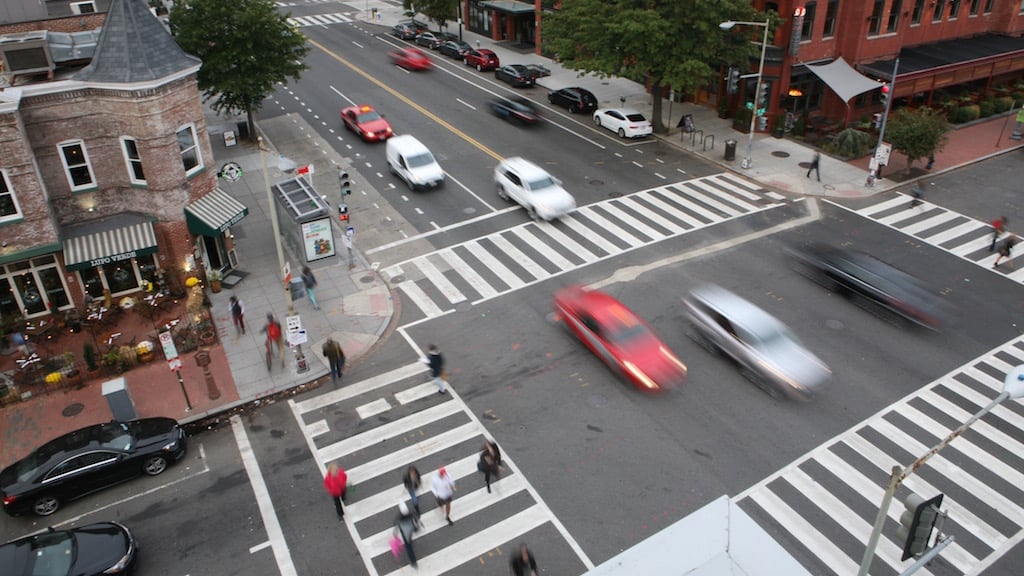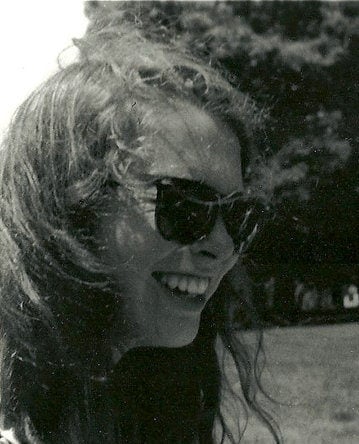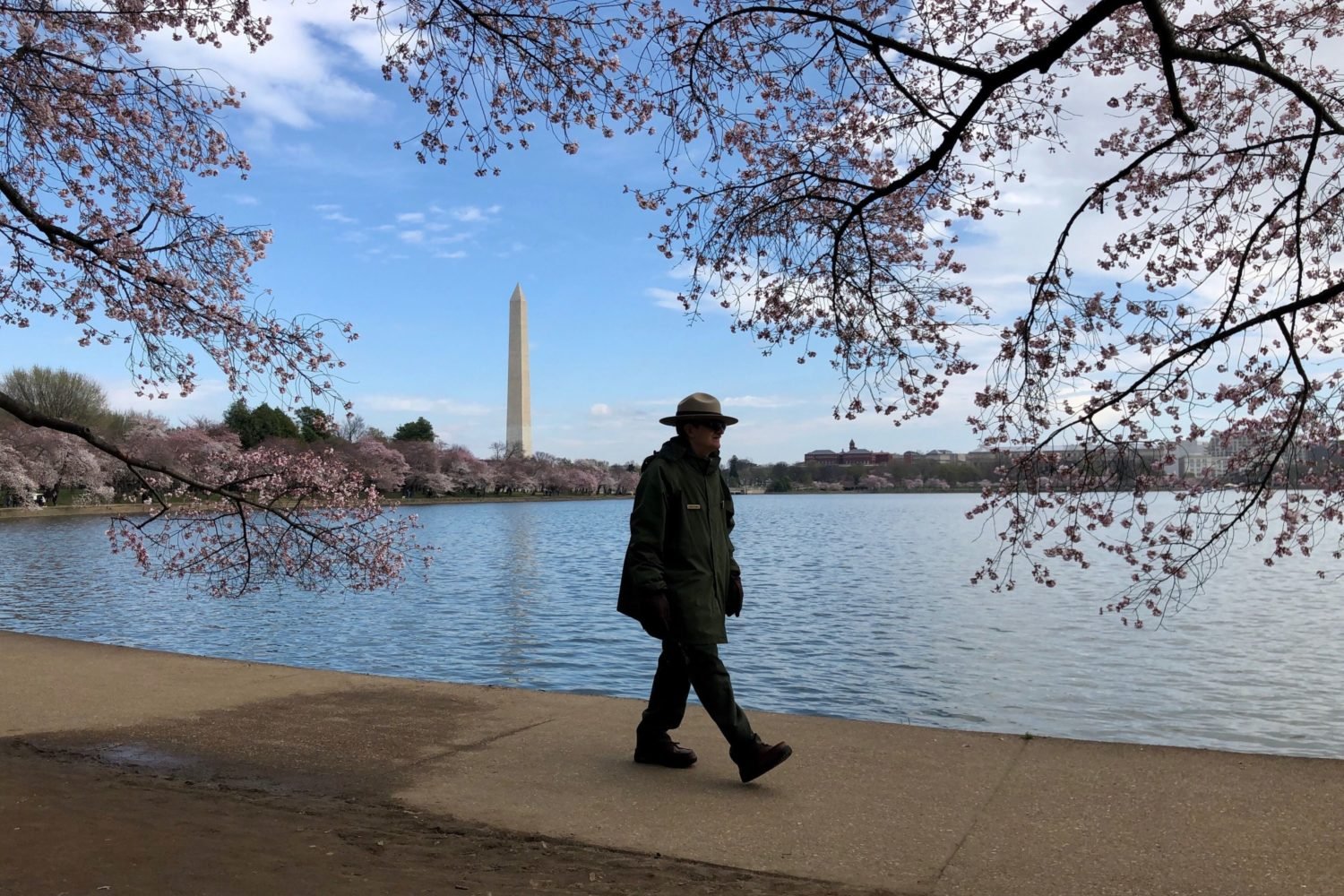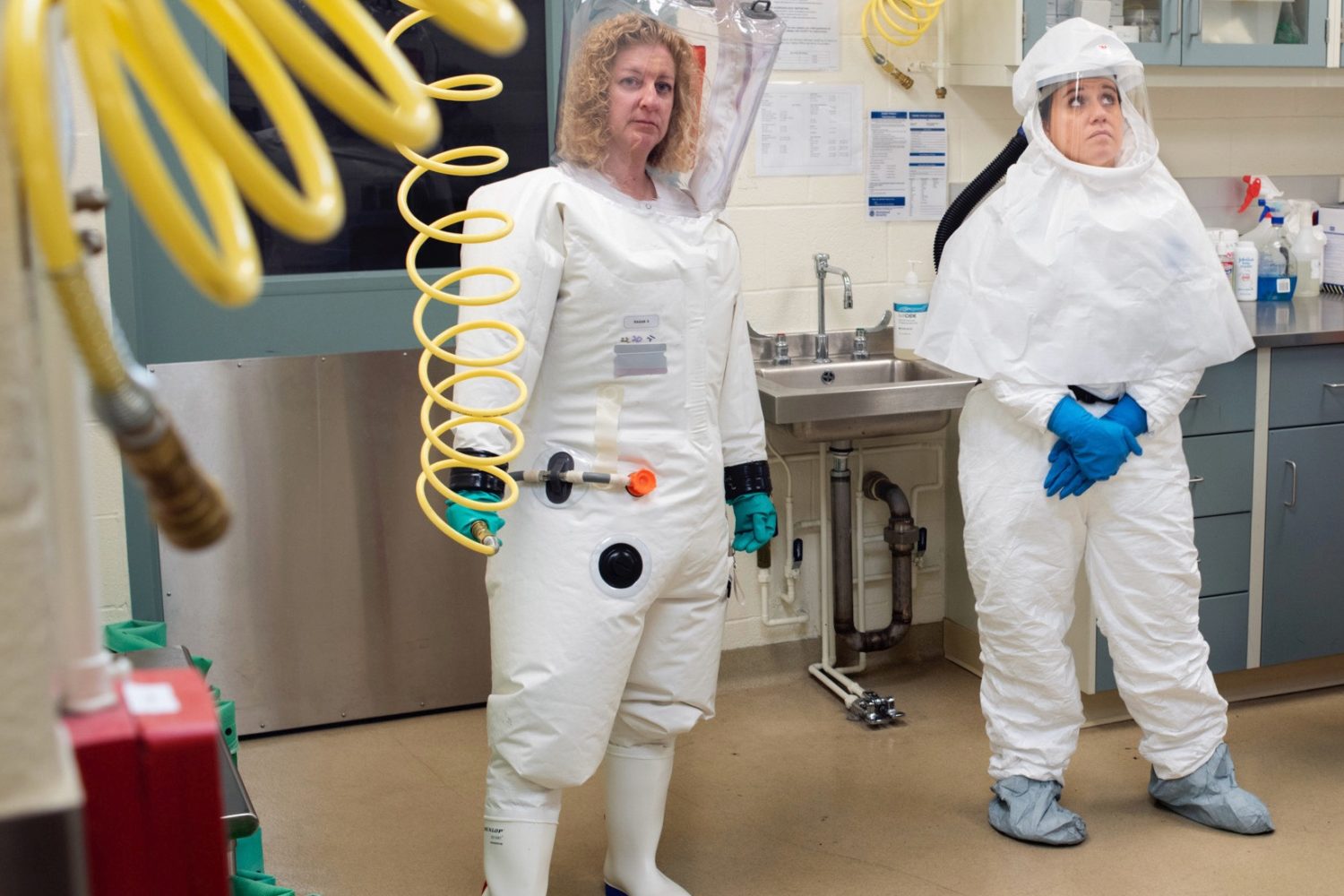About Coronavirus 2020
Washingtonian is keeping you up to date on the coronavirus around DC.
How many times have we played out the daydream? It’s mid-June or September or maybe even the far-off world of 2021, and Mayor Muriel Bowser steps up to the podium, the city taking a quick inhale. It’s here, finally! The moment when we housebound mole people can at last drag our atrophying limbs out the door for good, blinking infant-like into the sunlight.
Have you thought about what you’ll do? Come on, you know you have! Maybe you’ll dive headfirst into a steaming vat of Le Dip’s French onion soup, delicately flailing your limbs amongst the cheese lava. Maybe you’ll sit at a rooftop bar, so close to a total stranger you can feel their arm hair tickle yours, and consume enough rosé to kill a house cat. Maybe we’ll all rub our hands down Metro rails as we head to Nats games, sip out of someone else’s beer at the 9:30 Club, or make out with a random dude and not even think twice about his medical history.
Or will we? While the closure of DC’s non-essential businesses has been extended until May 15, that’s a flexible date. The mayor has said she’ll lift the ban when there’s been a two-week decrease in new Covid-19 cases, more contact tracing, and the city has the ability to provide healthcare to anyone needing it. But whenever that does happen, it may not be enough to convince residents to flock back to public spaces in the same numbers as in pre-pandemic life.
Cara, a 25-year-old government contractor (who asked to use only her first name because of her job), really wants to go to her favorite spots again. “I cannot wait to go to the Wharf and drink outside,” she says. “I just cannot wait to go to Dacha.” But just because the ban on non-essential businesses would be lifted doesn’t mean she’d rush out the door. “My intention of going out and being social is totally dependent on how scientifically informed our release is.”
So even if DC had a decrease in hospitalizations and infections, that wouldn’t be enough to make her feel comfortable in a crowded public space. At that point, she’d probably stick to house parties and at-home dinners with close friends where she could control the environment in case one of them did get sick.
“For me, it’s all about being able to responsibly trace who I could have gotten it from and I could give it to,” says Cara. “If I’m sitting at a crowded bar, that’s way different than me, like, sitting with five friends [where] I know [who] they’ve been around and know who I’ve been around.”
Cara says she probably won’t go back to frequenting public spaces without hesitation until there’s a Covid-19 vaccine, herd immunity, and widespread testing: “All my friends [and I] are terrified of a second wave hitting in the fall because we weren’t proactive enough now.”
Will Wickett, a 29-year-old consultant who lives off 14th Street, feels the same way—he’ll be more likely to hang out with friends at home than head out post-ban to one of his favorite spots like Number Nine.
Well, at least he’d wait a bit. “I’m going to see what everyone else is doing. I don’t want to be the person who runs straight to the bar and gets ostracized for it,” he says, calling to mind penguin groups that wait for one bird to jump off a glacier to see if there’s a hungry seal below. “Nobody wants to be the person taking the first leap.”
When he does head out, Wickett says he’ll probably avoid crowded spots, opting for an outdoor bar with plenty of seating, such as Wunder Garten in NoMa. And these ventures will most likely be reserved for special occasions, he says, not just going out for going out’s sake.
It makes sense that after a traumatic experience like a pandemic, life won’t bounce right back to where it was before. Maybe it never will, says Priscilla Dass-Brailsford, a trauma psychologist at Georgetown University: “A major crisis always changes people’s behavior in ways that they are aware of or unaware of. This has been so drastic. The whole country is shut down.”
Dass-Brailsford predicts we’ll keep our distance from others in the immediate aftermath, avoiding crowds and incorporating this new practice of at-home dinners and virtual hangouts into our regular social schedules. And many people will probably continue to carry around disinfectant and wear masks even when it may not be necessary.
“This is going to change us in an amazing way,” she says. “I don’t think we’ll be too happy to get close to anyone.”
But what about those willing to be the first penguins off the cliff? The ones who, post-ban, assess the risk and decide, yeah, okay, it’s worth it to be back in the land of bottomless brunch, worth it to see someone with whom you don’t share a lease or a gene pool?
“I would absolutely have no problems going back,” says Doug Van Sant of heading out as soon as non-essential businesses are open. “No questions asked.”
The 45-year-old Woodbridge photographer and his wife love to go to local restaurants—Chaplin’s, the Dabney, and Beuchert’s Saloon are some of their favorite, and he’s a fan of stopping for coffee at La Colombe. He wants to go back to all those places as soon as he can and says he won’t be afraid or nervous.
“We’re human. We’re going to face viruses and bacteria and things. Some people ultimately will succumb to them, but most of us won’t. If you look at the statistical chance of me dying in a car accident, it’s actually far greater than me dying of coronavirus.”
Van Sant—who is healthy and not immunocompromised—points out that even though he’s not fearful of Covid-19, he’s still taking it seriously: He’s keeping his distance from his elderly parents, and he’d be willing to wear a mask when he can go to public places. But that would be more for other people’s sake than his.
And he considers it just as crucial to visit and support local businesses like restaurants and bars during a troubling economy: “I don’t want anyone to die, but at the same time, we have to find a balance between protecting people like my parents, who are in their eighties, and protecting people who have spent their lives building their businesses and taking care of their families.”
On the other hand, Sam Fouad, 27, of Columbia Heights isn’t in a rush to get out to bars and restaurants, but he will probably head to his gym as soon as it reopens. Fouad, who works in nonprofit communications, has been riding his bike for exercise, but he desperately misses the weight machines at Washington Sports Club. Plus, the gym would help him feel like his life is back on track. “We’re all sitting at home doing nothing for, like, weeks and months on end,” he says. “Being able to go back would help with a sense of normalcy.”
Fouad also considers a gym preferable to a bar or restaurant because he can control his environment there, wiping down the equipment he uses and picking machines in isolated areas. Though if it’s packed with people, there’s a good chance he’d leave, he says.
As for restaurants and bars, Fouad probably won’t return until there’s an easily accessible vaccine. What if that means going months or years without grabbing a drink or holding a non-takeout menu? “Yeah, I can wait,” he says with the ease of someone who’s gotten used to the on-demand perks of virtual life. “There’s lots of delivery apps.”
But once we do have a vaccine and the credits are rolling on our personal zombie apocalypse, can we expect the city to devolve into a frenzy of debauchery, something like a pandemic rumspringa?
Maybe. “This has been the mildest spring in DC for a long time, and we’re stuck inside and it’s totally horrific,” says Cara. “[When this is over] all the things I would [previously] weigh doing, like, Oh, I’m kind of tired today, I’m not sure if I want to go—no, we’re doing it.”




















